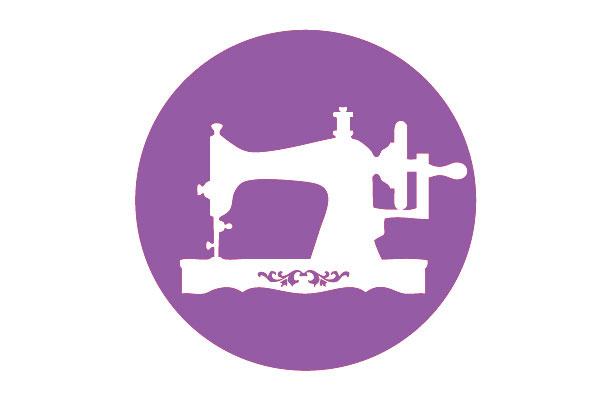Curriculum links by theme
Women
Curriculum links
Key Stage 2
History
- Ideas, political power, industry and empire: Britain, 1745-1901.
- A study of an aspect or theme in British history that extends pupils’ chronological knowledge beyond 1066: changes in an aspect of social history, such as the right to vote.
- A significant turning point in British history, for example, WWII or 1928 (women’s right to vote).
Key Stage 3
History
- Challenges for Britain, Europe and the wider world 1901 to the present day. In addition to studying the Holocaust, this could include: women’s suffrage.
- Ideas, political power, industry and empire: Britain, 1745-1901.
- Britain as the first industrial nation – the impact on society, party politics, extension of the franchise and social reform.
Suggested research questions
Key Stage 2
- Were women treated differently to men in the factory?
- How were the jobs distributed between men and women in the factory?
- How did the women fight for their rights at work?
- What effect did WWI and WWII have on the women’s roles in the factory?
Key Stage 3
- Do you think the treatment of women at Newman Brothers was revolutionary? Why do you think this?
- Who was Joyce Green? How did her role at Newman Brothers change over time?
- How did the women fight for their rights at work?
- Was the distribution of jobs between men and women at Newman Brothers typical for the era?
- Using newspaper advertisements placed by Newman Brothers 1914-1918, look for evidence that workers were recruited specifically by gender and age. Why were ‘girls’ employed in these roles? How was this good for the business?
- What can we understand from the list of vacancies about the impact of the war on operations in the factory?
Suggested Activities
- Write a biography on one of the female workers at Newman Brothers.
- Write a persuasive argument as one of the workers at Newman Brothers, why do you need more than ten minutes for your tea break?
- Write a news recount about the strike at Newman Brothers. Include the 5 W’s in your article as well as a direct quote from Dolly Dunsby.
- Write a diary entry as Dolly Dunsby, Elizabeth Weaving or Sheila Maher. Pretend that it’s your last day at Newman Brothers, what will you miss? What will you be glad to say goodbye to? What memories do you have from your years at the factory?














